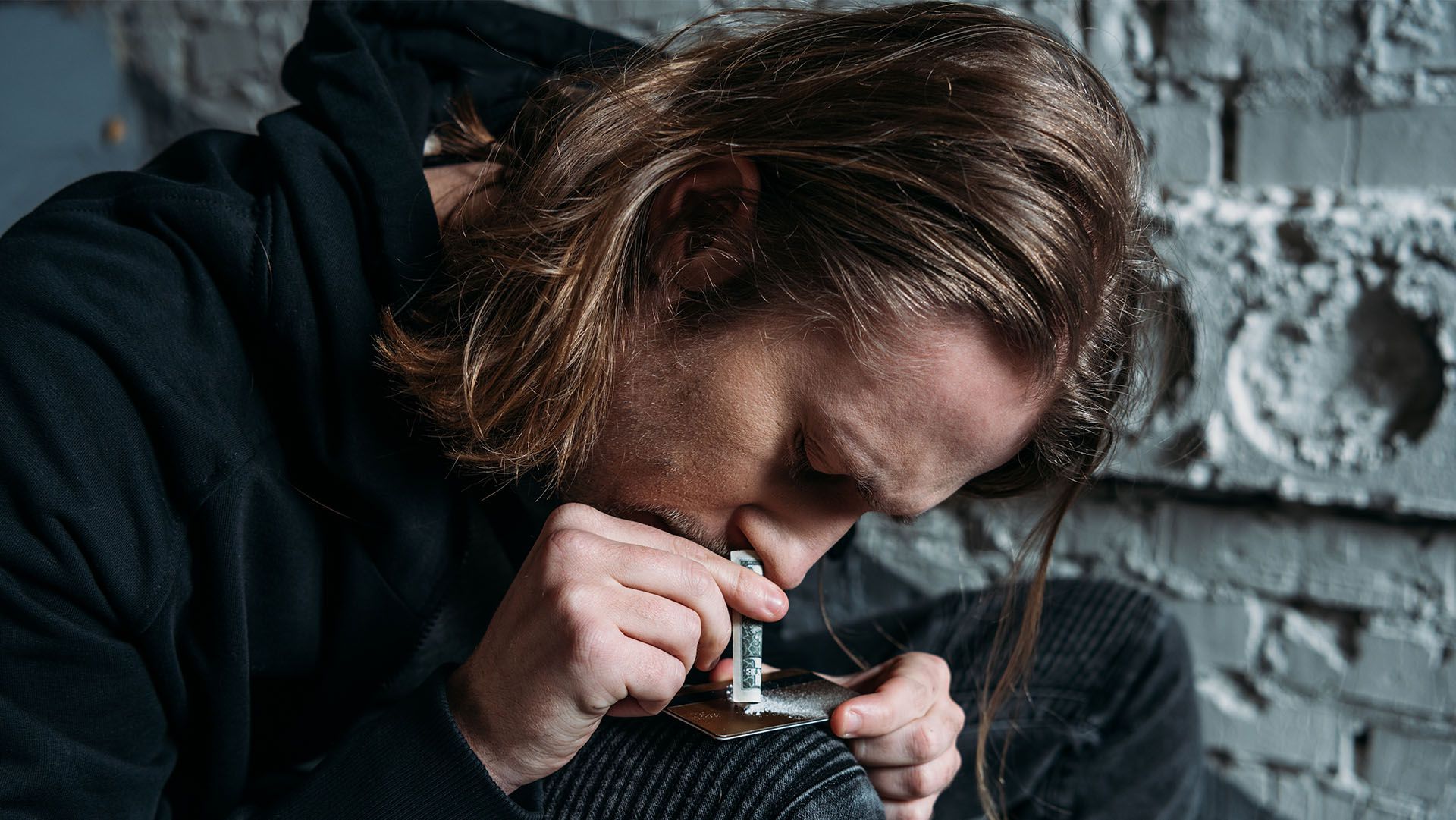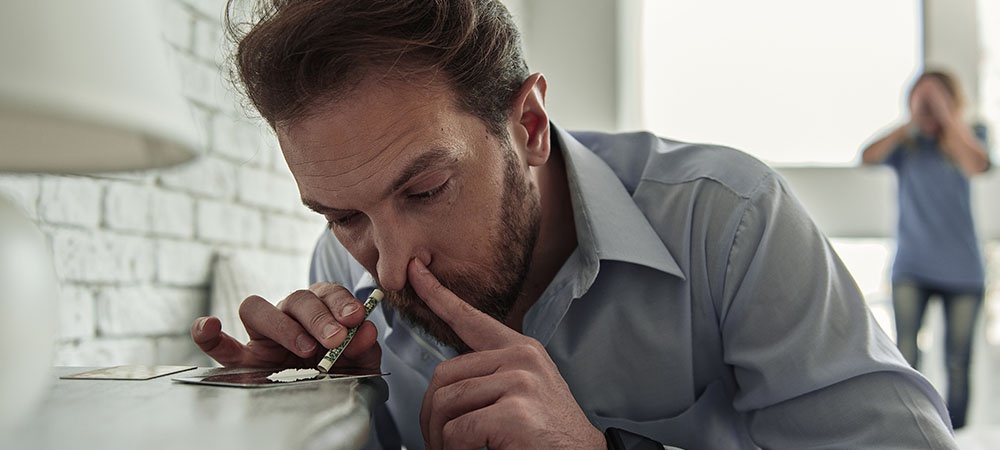Addiction Relapse Prevention
What is An Addiction Relapse?
An addiction relapse refers to returning to old behaviours and once again using the substance that the individual was addicted to. Anything other than complete abstinence can be considered a relapse. Addiction relapse is common, as addiction takes a powerful hold of the brain chemistry, and can be very difficult to overcome (especially without medical or professional guidance). Relapse can be a setback, but does not mean that the individual has failed in their process – it simply means that they should visit with their healthcare provider and revisit their treatment plan to adjust it accordingly.
Common Causes of Relapse
Individuals most commonly suffer from relapse if they are exposed to certain triggers or temptations to use drugs again. Many triggers may exist in a person’s environment – their family, friends, neighbourhood, school or workplace, and home. When an individual undergoes detox treatment for their addiction, a restructuring of their environment to eliminate these triggers is a key factor in their success rate to maintain sobriety.
Family: Family dynamics can be complicated, and troubled relationships can give a previous addict the urge to use again. For someone who is working towards their sobriety, limiting time spent interacting with a person who is triggering can be the best course of action for both the individual and the relationship as a whole.
Friends: If friends are still participating in substance abuse, it may be proven to be a temptation that the individual is not yet strong enough to overcome on their way to sobriety – taking a break from friends who encourage negative habits and negative behaviours will be beneficial. True friends will understand that the individual is trying to make a positive change, and be supportive.
Neighbourhood: It can be very difficult to change negative patterns and behaviours if the individual is still in the same surroundings, visiting the same places and seeing the same people each day where they may be exposed to potential triggers. Revisiting a neighbourhood where users lived can be a high-risk situation that should be approached carefully.
Home: Home is where people are most vulnerable because they are truly in an environment that they’ve created, and home can often be full of temptations for substance abuse. This is why inpatient rehab and addiction treatment facilities are effective – because they remove the individual from their surroundings where they are able to experience a fresh start and create healthier habits.
3 Stages of Relapse
- Emotional Relapse
The first stage, emotional relapse, is when the individual begins to develop negative emotions and poor self-care habits that begin to set them up for the risk of relapse. Emotional relapse begins to undo a lot of the work and energy that the individual put in to become healthy, like unravelling a sweater. Signs of emotional relapse can include isolating oneself, ignoring others, poor eating and sleeping habits, mood swings and defensiveness.
- Mental Relapse
The second state, mental relapse, is when an individual begins to have occasional thoughts about drug abuse or alcohol abuse – not creating concrete plans to use again, but entertaining the idea of using. Because their mental state is weakened from the emotional relapse, the substance abuse might feel like an escape. Signs of mental relapse include the individual romanticizing past substance abuse, and thinking of it like “the good old days” where life was easier – sobriety starts to seem too difficult and draining, and the individual feels overwhelmed by the amount of mental and emotional labour involved.
- Physical Relapse
The final stage, physical relapse, is the act of using again – it is very difficult to stop physical relapse after the effects of emotional and mental relapse. Even if one drink or one-time drug use is a relapse, the user does not necessarily need to get drunk or high in order to have relapsed.
It is important to note that many people may view relapse as a single, physical action – but it is far from it. The three stages of relapse can take weeks or months, where the individual slowly starts to withdraw from their positive progress and mindset. In the early stages of emotional relapse, the individual is suffering from low self-esteem and a sense that sobriety is a huge undertaking that they just can’t manage. Therapy in group settings can be really beneficial in preventing this because the individual is able to express their doubt and be reassured that they can indeed manage it.
Early Warning Signs of Relapse
It’s important to monitor your loved ones for signs of emotional relapse. Although everyone’s journey towards sobriety is different, especially in early recovery, there are some common signs of emotional relapse to be aware of. Emotional relapse can have similar signs to burnout: a sense of being down, limited interest in being social, odd sleeping and eating habits, and isolation of oneself, a lack of practice of self-care.
Though family members and close friends can tell something is different, a sponsor may be the most beneficial to helping the individual to address their early relapse signs. A sponsor is a mentor who can offer guidance and support to someone striving towards sobriety. Programs like Alcoholics Anonymous and narcotics anonymous can pair an individual with a sponsor so that they have someone they can turn to and confide in when they’re feeling weak.
Chronic Relapse
Addiction should be treated like any chronic disease or chronic illness, in the sense that sobriety is an ongoing process that needs constant maintenance in order to be effective. Relapse can happen, especially in the early stages of addiction treatment when the patient is learning about new ways of navigating cravings and urges.
Chronic relapse, though, is when an individual continues a cycle of relapsing after being sober for an extended period of time. In this case, it may not be of benefit to them to start from the very beginning of relapse treatment each time – they’ve done the treatment before, and it hasn’t been effective. Template treatments don’t work on every individual, and there may be underlying mental health issues that are untreated and prevent the individual from successfully achieving sobriety. If an individual begins to associate the addiction treatment with negative feelings of another cycle just to relapse again, they’ll likely be less motivated to try and return to their old life habits.
Healthy Ways to Prevent an Addiction Relapse
Talk Therapy: Cognitive Behavioural Therapy (CBT) can also be instrumental in the early stages of addiction treatment, as counsellors work one-on-one with a patient to teach them healthy coping mechanisms to reframe their reactions to stressful situations. After the completion of treatment, patients will be able to identify and reduce their compulsive, negative behaviours. Therapy can be lifelong too to help mitigate urges, and the frequency and length of sessions can be as often as every day to once a month, depending on the individual’s needs at the time.
Art Therapy: Art therapy can be a unique treatment program for addiction and to prevent relapse. This therapy channels the mental frustration and struggle that many people face, and uses these forces to create a work of art. The individual not only has a different outlet for their energy but can feel a sense of accomplishment having taken something negative and used it to create an object of art. This is a detox aftercare service that is starting to gain popularity, an alternative or accompaniment to talk therapies.
A Healthy Environment: Moving into a new home isn’t always a feasible option for each person looking to lead a new, sober life, but a change in environment can have a huge impact on breaking healthy habits. Eliminating all triggers like alcohol, cigarettes and drugs from the environment is critical. Even if the individual didn’t experience alcohol abuse in particular, getting rid of the temptation altogether will help to build healthier habits.
Group Accountability/Self-Help Meetings: Support groups can be an excellent outlet for individuals battling substance use disorders, a place where they can feel that their feelings are understood and validated. Individuals can still participate in self-help meetings in an outpatient capacity, and build lasting relationships with others who will not judge them for a mental illness. When looking at long-term recovery, support groups can be an integral part of checking in on addiction and what the recovery process looks like each month or each year.
Practice self-care: Self-care has become a buzzword lately, and in reality is different for each individual. For some, it can be physical exercise, for others, taking a few moments to sit quietly and read a book. Anything that helps to quiet the mind and feels rejuvenating can be considered self-care. It’s especially important for individuals who are supporting a spouse or children to practice self-care, as that way they are able to be more present for their loved ones if they are feeling healthy-centred themselves.
Relapse Prevention Plan
A relapse prevention plan is a set of steps that an individual incorporates into their everyday lives in order to prevent sliding into a physical relapse. It takes a lot of strength and willpower to prevent relapse and a daily commitment to choosing a more positive life. Having close friends and family members as part of a relapse prevention plan can be helpful, but not always necessary.
It is important to note again that a relapse does not mean that a treatment has failed, or that the individual does not have the capacity to lead a sober life. Addiction is an illness, and it can take a few tries in order to balance the correct medications or treatments to cure any illness, physical or mental.







